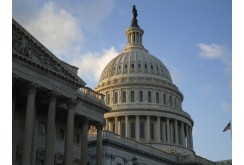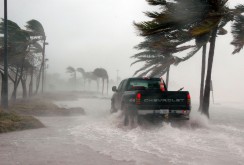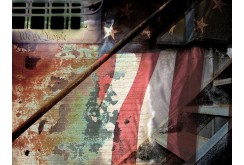In my operational risk seminar this spring, students ranked and then restacked and ranked the top operational risks present in our world. No one was especially pleased with the results, and the top three risks – cyber-threats, global uncertainty, and terrorism – seemed nearly interchangeable, depending upon the month. As we came to the end of the quarter – particularly with the terrorism acts in Manchester, London, and Tehran -- “global uncertainty” seemed to encapsulate the other two risks, particularly when the elections in France and Great Britain are taken into account along with the performance of the U.S. president on his first diplomatic trip abroad.






